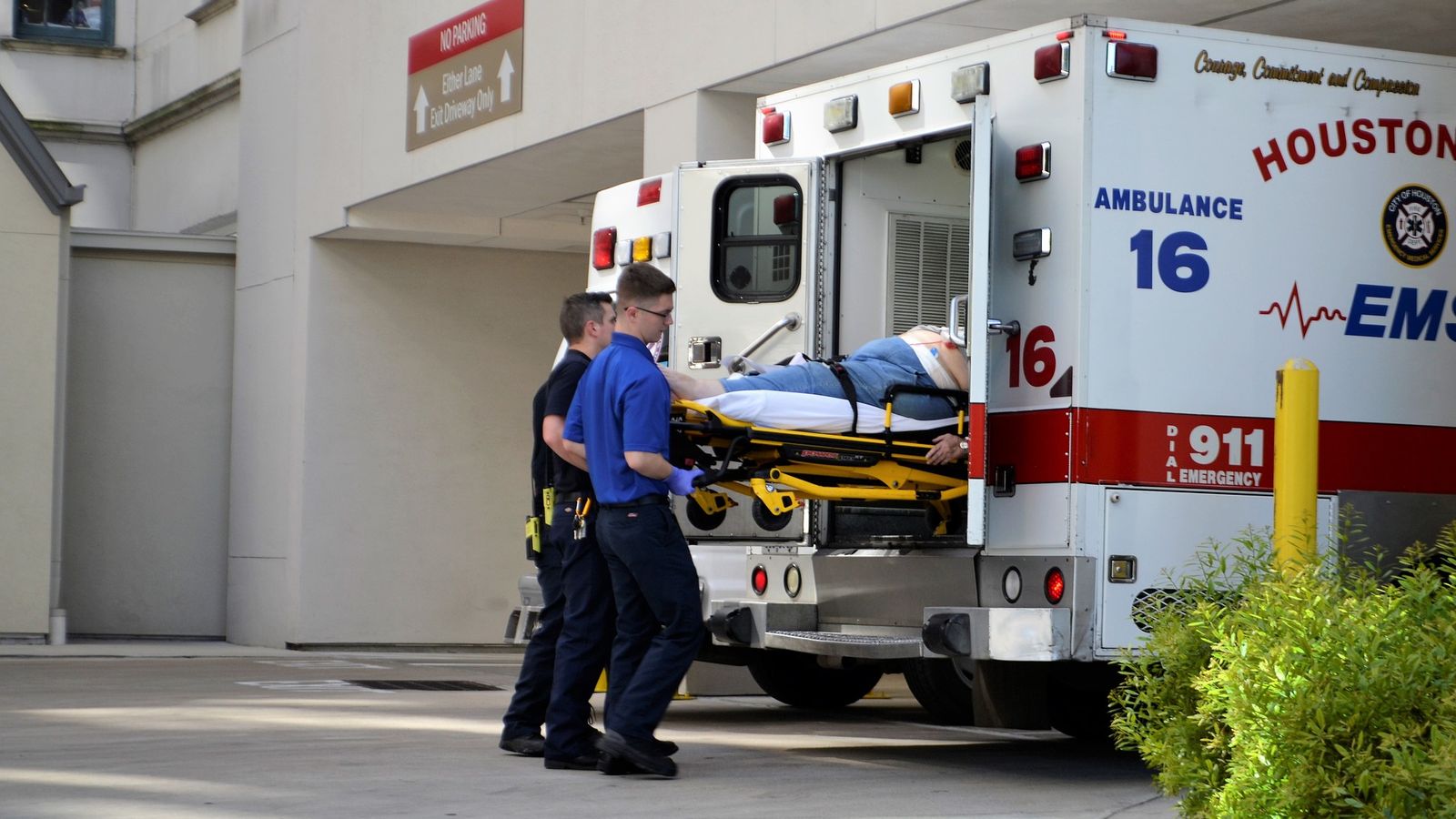Lessons from the Field: Are Paramedics Equipped to Manage Behavioral Health Emergencies?

Paramedics are frontline healthcare providers, responding to everyday emergencies from heart attacks and strokes, to public health crises like COVID-19 and the opioid epidemic. While these workers are skilled in life-saving resuscitation and stabilization, a study by BUSSW researchers finds that they are far less prepared in their training to deal with behavioral health issues.
In “Behavioral Health Emergencies Encountered by Community Paramedics: Lessons from the Field and Opportunities for Skills Advancement,” published in The Journal of Behavioral Health Services & Research in February 2020, Research Professor Bronwyn Keefe and doctoral student Kelsi Carolan were part of a team that examined this gap. The study, funded through a Patient-Centered Outcomes Research Institute (PCORI) Award in partnership with Massachusetts General Hospital, documented the limited research to date on paramedics’ experiences, attitudes and perceptions in responding to behavioral health emergencies in the United States. The team wanted to expand knowledge in this critical area by conducting qualitative interviews with nearly two dozen paramedics to assess their training, skills and workplace experiences, with a particular focus on behavioral health.
“Paramedics play such an important role in the delivery of healthcare. It was powerful to hear the stories they shared,” says Keefe, who is director of BUSSW’s Center for Aging and Disability Education and Research (CADER). A thematic analysis of the interviews revealed that paramedics frequently work with patients with mental health needs and they felt that their training in this area was inadequate. Instead of having evidence-based training techniques to draw upon, paramedics relied heavily on experience, strong interpersonal skills or their innate compassion to address the issues.
Keefe’s interest in this area stems from her work with CADER where they develop training for senior center staff to address behavioral health concerns in older adults. “As the first point of contact, paramedics may influence the quality of care individuals experiencing behavioral health emergencies receive,” she says. “It’s important to build paramedics’ competencies so they can appropriately respond to patients and improve overall health outcomes.”
The study concludes that additional training will better serve patients, as well as paramedics and other emergency providers. Keefe and colleagues point out that improved capacity for care at the prehospital stage could potentially reduce medical interventions for people experiencing behavioral health emergencies, preventing potential harm and additional distress to the patients served—and ultimately benefitting the health care system as a whole.
“Comprehensive behavioral health training for paramedics, either at their time of certification or during times of recertification and continuing education, may improve care for individuals experiencing behavioral health emergencies in the community and can be a key point of intervention,” says Keefe.
By Maura King Scully | June 4, 2020